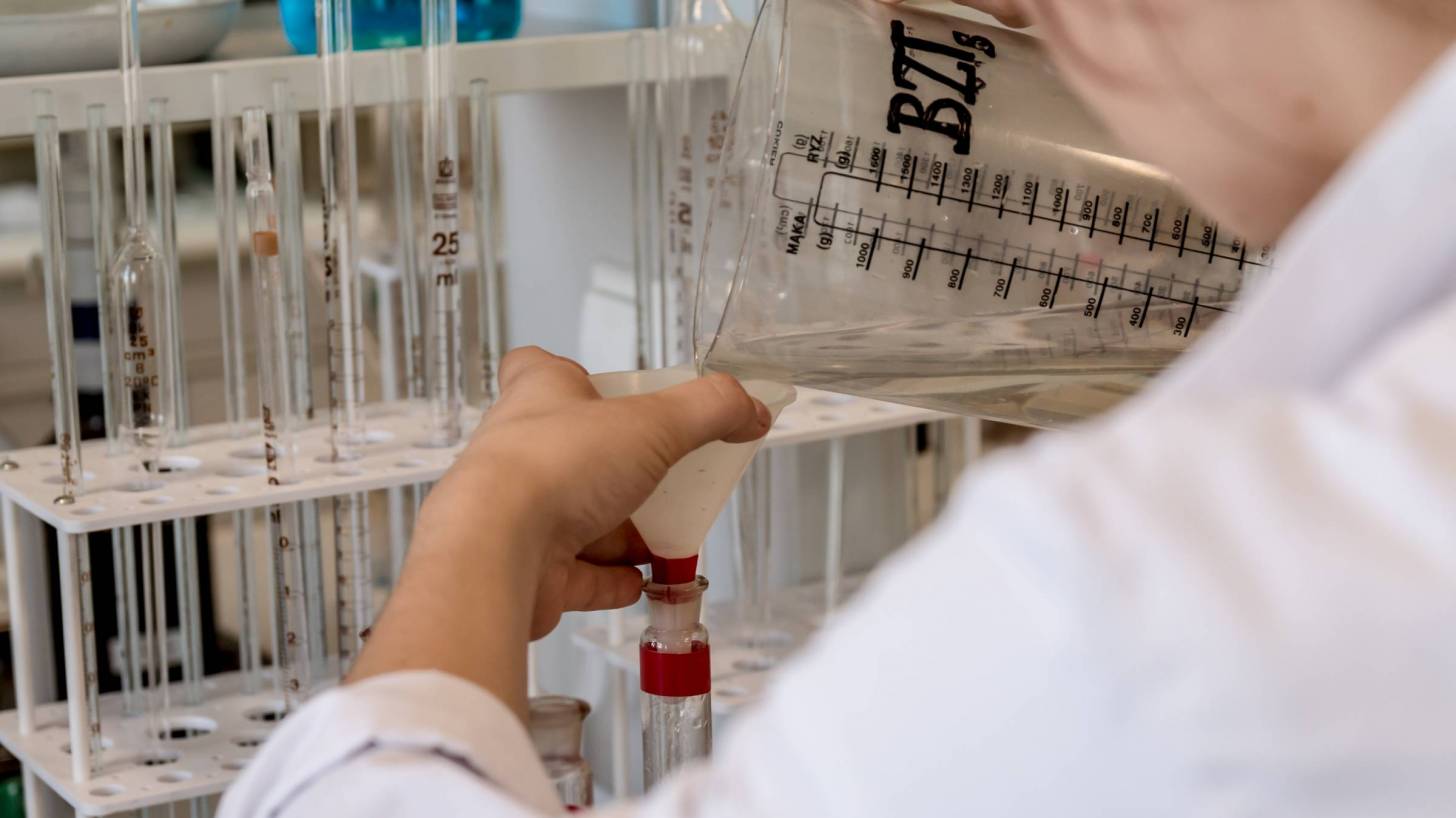New Guidance for Evaluating Prevention and Treatment Options for COVID-19

The U.S. Food and Drug Administration issued final guidance today entitled, “COVID-19: Master Protocols Evaluating Drugs and Biological Products for Treatment or Prevention Guidance for Industry.”
This guidance describes the FDA’s current recommendations to sponsors of master protocols evaluating drugs to treat or prevent COVID-19.
A master protocol is defined as a protocol designed with multiple substudies, which involve coordinated efforts to evaluate one or more investigational drugs, in one or more disease subtypes, with one or more objectives, all within the same overall trial structure.
While preclinical research answers basic questions about a drug’s safety, it is not a substitute for studying ways the medicine will interact with the human body. “Clinical research” refers to studies or trials that are done in people, says the FDA.
Janet Woodcock, M.D., Acting FDA Commissioner, stated in a press release issued on May 17, 2021, “During this global pandemic, the FDA worked to protect the American public by using every tool at its disposal to quickly review and act on new therapies for COVID-19.”
“Conducting clinical trials to see if a drug is safe and effective can be a very time-consuming process. To meet the urgent demand for effective therapies, FDA has worked with clinical trial experts to rapidly advance best practices in the design and execution of clinical trials.”
“Today, we’re providing industry guidance for creating master protocols (an overarching protocol designed to answer multiple questions) when evaluating drugs for the treatment or prevention of COVID-19.”
“In COVID-19, master protocols have been used to evaluate multiple drugs at the same time,” concluded Dr. Woodcock’s comments.
The Accelerating COVID-19 Therapeutics Interventions and Vaccines public-private initiative coordinated by the Foundation for the National Institutes of Health is one excellent example of master protocols being used to study several promising drugs simultaneously.
Master protocols that are well designed and executed can accelerate drug development by maximizing the amount of information obtained from the research effort, says the FDA.
These trials can be updated to incorporate new scientific information as medical science advances. Master protocols also reduce administrative costs and time associated with starting up new trial sites for each investigational drug. They can also increase data quality and efficiency through shared and reusable infrastructure.
These advantages are of particular importance during a public health emergency such as the current SARS-CoV-2 pandemic, where there is a critical need for efficient drug development.
The big picture takes approximately ten years for a new treatment to complete the journey from initial discovery to the marketplace. Clinical trials alone take six to seven years on average to complete, says Antidote.
The FDA expects master protocols to continue to play an essential role in addressing the pandemic’s public health needs and generating clinical evidence in general.
This guidance focuses on the design, conduct, and statistical considerations of master protocols intended to generate or contribute to substantial evidence of effectiveness and adequate characterization of the safety of drugs for the treatment or prevention of COVID-19. Additionally, this guidance provides administrative and procedural recommendations to sponsors of master protocols for COVID-19 drugs.
The FDA is an agency within the U.S. Department of Health and Human Services that protects the public health by assuring the safety, effectiveness, and security of human and veterinary drugs, vaccines, and other biological products for human use and medical devices.
PrecisionVaccinations publishes research-based news.
Our Trust Standards: Medical Advisory Committee

























